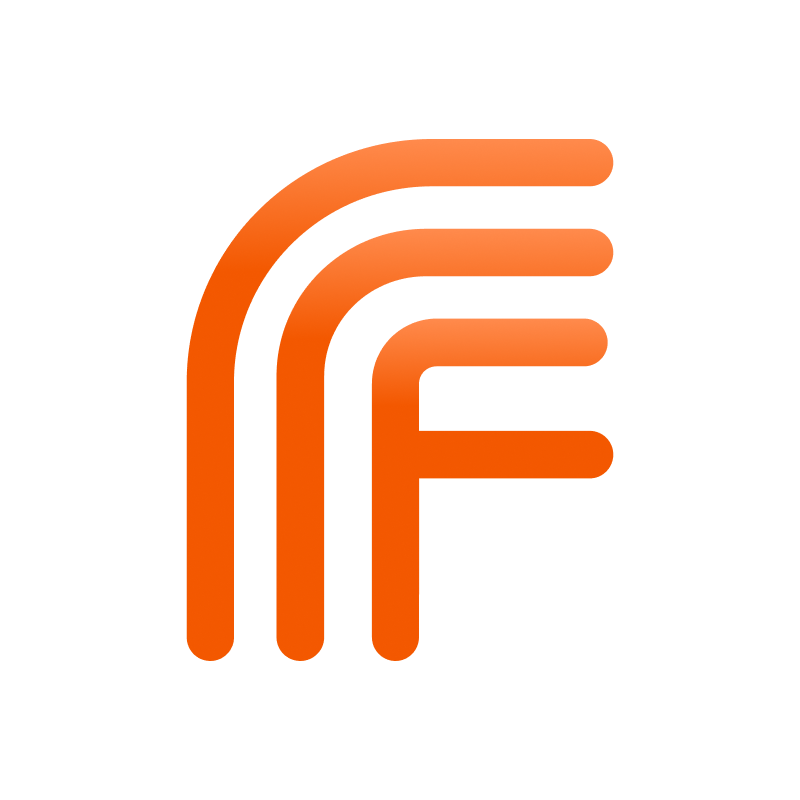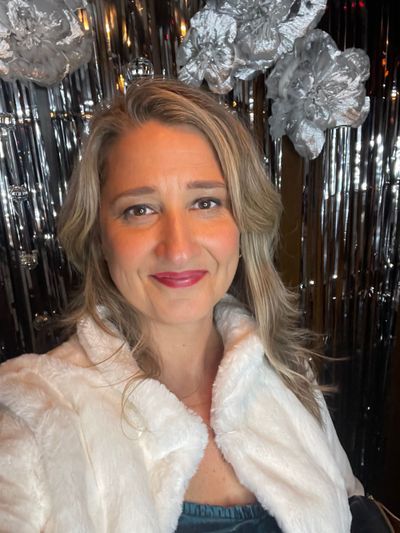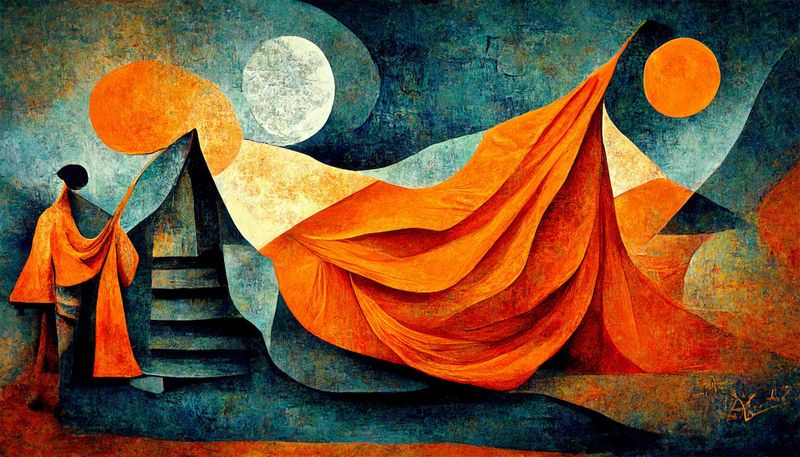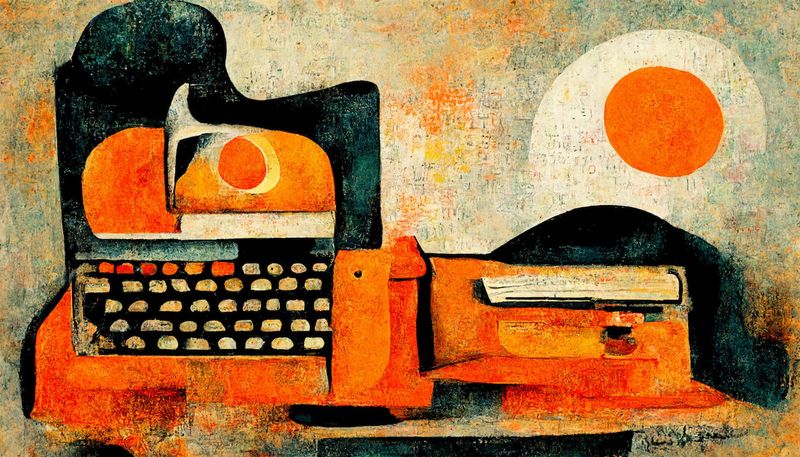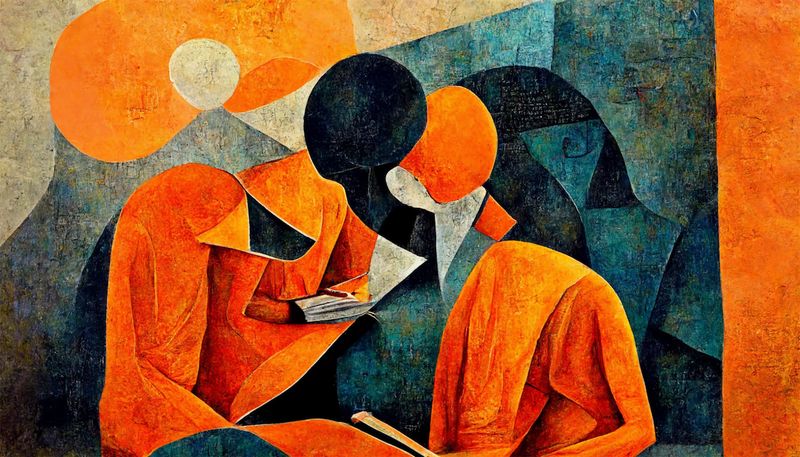The dissolution of my startup felt like a breakup, if I’m honest.
There was a prolonged, fraught period where I was pretty sure it was over but not positive, and I stayed in that liminal state for too long because I needed to be absolutely certain before I could move on.
It was me and two co-founders, and we’d spent the past year building together. We started with an idea for a social app that could help friends shop smarter by sharing their recommendations. In this world of fake reviews and endless advertising, we thought, who else can you trust?
We met weekly for months in the early stages. What was important to have? What would it look like? How would it function?
I’d been bitten by the startup bug early in my career, which, coincidentally, was early in the days of startups in general. It was the late 90s, and I got a job with a dot com when I was just out of college. I was ready to sprint up mountains — which is not a bad analogy for building a startup. Only imagine the mountain is constantly under assault by earthquakes and weather, and you basically never know what kind of equipment you might need to reach the summit until the moment you need it.
The mountain we were climbing with my startup turned out to be, as is often the case, unclimbable. I still think the concept could have worked, but our problem was with the founding team. We had ideas, we could sell, we could network, and we could build, but the one thing we couldn’t do was what tanked us: we could not agree on how. We got to the point where we had an active beta, an engaged community of early users, and a fundraising deck that told a compelling story about a lucrative future. But we could not get aligned on our future, and I knew I could not in good conscience get other people’s money involved in a project with such a shaky foundation.
So I did a difficult thing: I decided to walk away. Dropped all the daily efforts to move the ball forward in any way I could, and watched as a huge vacuum of time and energy opened up before me, all the momentum we had built coming to a brutal, sudden halt. Which broke my heart.
Much like fledgling relationships, startups are about possibilities. They’re fueled by all the intoxicating ideas about how things might be better with them in your life. So when a startup dies, so does the future it promised. All you're left with is a void.
I have always liked adventures. That's why I like traveling and reading and writing. In the first two cases, you experience something, either directly or vicariously. In the third, you take someone else on a journey.
Before my startup, I spent years studying the craft of creative nonfiction. I loved writing and wanted to do more of it. I also knew that writing was something I had to do, for reasons that get right to the heart of who I am as a person and why I’m here on earth. During those years, I took dozens of workshops and had the chance to study with world-renowned teachers. I also generated a pretty good body of work, some of it published, most of it not.
While maybe I didn’t have a successful startup to point to, or a big job somewhere else, what I did have was a point of view, a rich well of experiences that belonged to only me — and, frankly, not much to lose.
And while writing was great for me for so many reasons, it was not great for my wallet. The time I spent studying and practicing the craft was time I could have spent on more lucrative pursuits, which is what many of my peers were doing — building wealth and impressive careers in the process.
That was one of the reasons I launched my startup. I was tired of working for other people. I loved the act of creation. I wanted something for myself, and I thought I couldn’t get it through writing. At least, that was the story I was telling myself at the time.
So there I was, in June of 2018, nursing a broken heart, depressed about the demise of the future where I had created abundance for myself via a successful business, and thinking, “fuck it all.” I had tried so many things that hadn’t worked out the way I wanted. I was tired of trying, and I was tired of being sad about things not working out.
And yet, I still had all this energy that needed to go somewhere. I needed another mountain to climb. So I started writing my newsletter, Tiny Revolutions.
My initial inspiration was to be a voice in the world talking candidly about depression. I knew the condition was common, especially among creative types, and was frustrated that we didn’t talk more about it. Why did most things I read just talk about life as a steady upward climb, when I knew firsthand there were valleys galore among the peaks?
That, in the end, was what interested me: reality. The day-to-day experience of living. The ups, the downs, the joys, the sorrows. The people you shared it with, the way you spent your time. I was tired of varnish. I wanted grit.
So I said to hell with it. This was my chance to be the change I wanted to see in the world. I wrote about depression and how it felt to me, having been through a few major episodes. I wrote about other difficult things, too: heartbreak, and loss, and hating yourself, and finding ways to heal and be OK despite it all.
Tiny Revolutions has become the project at the center of my life, both professionally and personally. It is a catalog of my experiences, hopes, dreams, and fears. But it is more than that: it is a declaration that I am alive, and that this is what it’s like to be a human being who is earnestly trying her best.
I figured that, while maybe I didn’t have a successful startup to point to, or a big job somewhere else, what I did have was a point of view, a rich well of experiences that belonged to only me — and, frankly, not much to lose.
So I wrote and wrote and wrote. I met people who felt similarly and made friends all over the world who were also writing truthfully about their lives and careers. The surprising thing is that even though my newsletter often focused on personal issues I thought might be a liability for me in the professional world, (I once wrote about having a panic attack in front of a Hobby Lobby!), it often seemed to be the opposite. In fact, many people sought me out because I’d written so candidly about those experiences.
I got more writing and coaching clients. I got asked to contribute to fascinating projects and invited to speak on podcasts and at events. And, steadily, I expanded my sphere of influence.
I wrote more.
Tiny Revolutions has become the project at the center of my life, both professionally and personally. It is a catalog of my experiences, hopes, dreams, and fears. But it is more than that: it is a declaration that I am alive, and that this is what it’s like to be a human being who is earnestly trying her best. It is also a bet that the truth of one individual can have a ripple effect that goes far beyond what we might imagine.
Five years and thousands of subscribers in, this journey is still ongoing, and what fascinates me is that I’m not entirely sure where it will lead. If my experience thus far has taught me anything, it’s that as long as I keep writing truthfully and connecting with readers, it’ll be somewhere good. And that, as with pretty much anything in life, the journey itself is the best part.
The frontier ahead is vast and unknowable, full of opportunity and peril. We're looking for like-minded creatives to forge ahead with us and help us shape the future of internet media. If you'd like to build Foster alongside us, help writers tell their stories, and make the internet more human, we humbly invite you to apply to join our collective.
